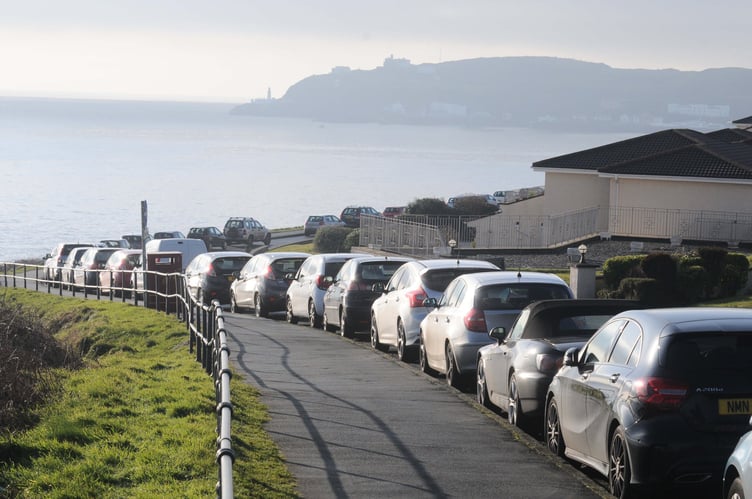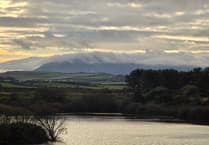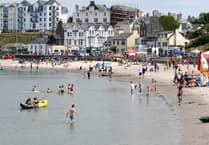The chair of the island’s Climate Change Transformation Board (CCTB) has stated that the board are hopeful of reducing transport emissions by 15% before 2027.
Daphne Caine MHK said: ‘Transport is the island’s third largest source of emissions - over 60% of emissions come from cars.
‘To achieve a 15% reduction in transport emissions by 2027, the first of our sectoral reduction targets, we need to make changes to the way we travel. More sustainable options include public transport, lift sharing, electric vehicles, and walking, wheeling or cycling for shorter journeys.’
Mrs Caine said that a report looking into reducing transport emissions in the island will be presented to the CCTB on February 29, after she was asked what scenarios had been identified during Tuesday’s House of Keys sitting.
Mrs Caine also confirmed that the topic of decarbonisation was being examined to assist with the Department of Infrastructure’s upcoming transport strategy and advise on the best ways to reduce transport emissions.
Talking about the report which will be presented to the board, Mrs Caine said: ‘Three scenarios have been considered in the report: accelerated technology, fuel and fiscal measures and behaviour change to support a modal shift, as well as a “blend” of the three approaches.
‘The final report from the consultants is due to be presented to the CCTB at our next meeting on February 29, with publication on the government’s Net Zero Isle of Man website thereafter. In terms of this timescale, we hope it will be published on the website in early March.
‘There is one officer within the CCTB who deals specifically with transport, waste and adaptation, but obviously this person does not have much time to deal with all those things.’
Stu Peters, MHK for Middle, enquired in this week’s Keys sitting whether decarbonising cars would have much effect on the island’s ambition to achieve net zero by 2050, while ‘costing working people thousands more in extra tax and costs’.
Mrs Caine replied: ‘The highest emissions in the island from the transport sector come from cars - so the scenarios have to look at ways to reduce kilometres of car use from internal combustion engines, such as petrol and diesel engines.
‘In terms of the cost, we are on a journey. Not only the Isle of Man, but most civilizations are looking at alternatives to internal combustion engine (ICE) vehicles.
‘The cost of not transitioning to alternative means of transport and alternative fuels has far higher costs on society if we fail to adapt to the rising temperatures and sea levels.’
When asked how useful the upcoming report will be, Mrs Caine said: ‘I certainly do hope it will be appropriate to the Isle of Man because it’s primary concern is to inform the DoI’s transport strategy.
‘In terms of localisation, a low carbon forecasting tool was used to predict assumptions on emissions and compare these to our targets.
‘These will hopefully all be clear in the report.
‘It’s not just the shift from cars to buses which can make a difference - so can the use of electric cars.’
The transport decarbonisation scenarios work follows similar studies that have been completed for other high-emitting sectors, including renewable heating and future energy saving.
Back in February 2022, a report outlining ways to decarbonise heating systems in the island’s homes and buildings was published.
The government identified that around a quarter of greenhouse gases come from properties, and suggested alternatives such as heat pumps.

.jpeg?width=209&height=140&crop=209:145,smart&quality=75)
.jpeg?width=209&height=140&crop=209:145,smart&quality=75)


Comments
This article has no comments yet. Be the first to leave a comment.